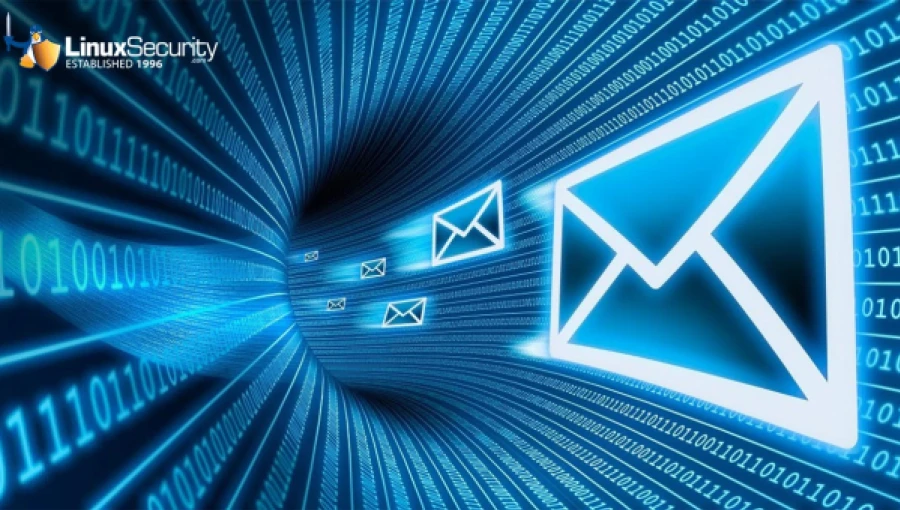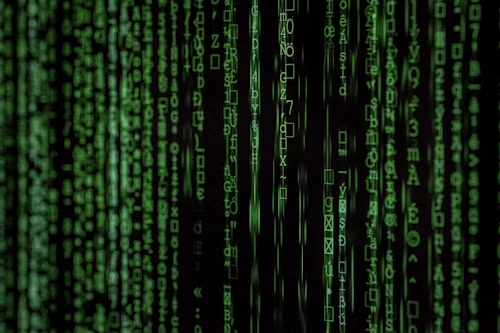
Data privacy might sound like a technical issue best left to the IT department, but let me put it into perspective: One day, all your personal messages, sensitive financial information, or even your company's trade secrets could be leaked to unauthorized parties. Unfortunately, this is not a hypothetical scenario; cyber threats are multiplying exponentially, affecting everything from individual devices to enterprise networks.
With the threats to the security of systems on all sides, how can we possibly trust them with our data? Well, here comes Linux: powerful, open-source, and with a solid emphasis on security. For those looking to fortify their digital environments, Linux can offer an invaluable solution, thanks to preventing unauthorized access and data breaches. In this article, we will talk about some of the unique security features of Linux and its mechanism for keeping your data safe. We also provide actionable insights to keep you safe from trending cyber threats.
The Security Advantage of Linux
Linux is designed with security in mind. It’s open-source, meaning that developers and users worldwide can inspect the code, find vulnerabilities, and fix them before they become exploitable. The Linux community is very fast at developing and pushing patches once a risk has been identified; thus, the system remains secure and stable. Additionally, Linux supports removing your online digital data as an extra layer of security, allowing users to minimize their exposure to potential threats.
Linux also gives users unparalleled control over their systems. Such flexibility in design allows tailoring an operating system's setup to match specific needs, increasing functionality and security. While many operating systems exist, Linux has quite a few distributions tailored for use cases ranging from personal computing to enterprise solutions. The adaptability combined with the proactive approach toward security makes Linux strong in data protection.
Essential Data Privacy Tools on Linux
For those concerned about data privacy, Linux offers different tools designed to keep data secured through encryption and security protocols. Here are some of the options to consider:
- Wireshark is a program that analyzes network traffic for any suspicious activity by analyzing various network protocols. It's often used to monitor and evaluate networks, which is vital in spotting possible data breaches or questionable activity.
- ClamAV is an open-source program that detects worms, trojans, viruses, and phishing programs. When installed on Linux, it scans emails and files for malware that might harm the system. This might block viruses that could result in data loss or breaches.
- Firejail is an application sandboxing utility. It minimizes the possibility of hacking a system just by tossing its untrusted applications into an isolated environment. Thus, it is a straightforward solution for privacy and protection.
- If you want to implement robust data encryption, then LUKS is the first choice. It is a type of disc encryption that provides full-block device encryption to lock any sensitive partition or even external drives. Data is kept using a very strong encryption technique so that no one can access it, even if they get physical access to the disc.
Linux Success Stories in Data Sharing
Over the past few years, Linux has become one of the primary options when it comes to data security and sharing for different sectors:
Financial sector
Uses Linux to overcome challenges in sharing data with privacy. Sensitive financial information is always under cyber threat, but strong and reliable security features make Linux again a weapon of choice. Organizations protect or avoid breaching critical financial data with the help of Linux.
Healthcare
Organizations depend on Linux for security regarding patient data transmission while setting high standards, such as HIPAA. Linux actually provides safe storage, access, and sharing of health information. Using a Linux-based solution reduces the risk of a patient information breach and ensures conformance to existing privacy laws.
Government Sector
Many governments use Linux to secure sensitive data, anything from public records to national defense data; the list goes on and on. Linux provides the security for it all. Many government agencies have either stopped a breach or two by aiding through Linux or by making sure critical data remains private.
Future Data Privacy Trends
Data privacy increases as technology evolves, positioning Linux as one of the best options for securing data. As technology and the internet grow, so do possible cyber threats, which means that there will always be a need for secure operating systems like Linux.
Based on the current situation, here are some of the trends that might catch wind soon:
- The first trend is no surprise—artificial Intelligence in Security. As technology progresses, we will see a lot of AI presence. Integrating AI with Linux could add additional layers of security by predicting and preventing possible threats in real-time.
- More organizations are focusing on open-source security. This is because open-source systems allow for better transparency and security.
- Even though privacy-enhancing technologies have been around for a while, they are becoming more popular every passing moment. The idea behind these technologies is to reduce a system’s access to personal data without affecting its function.
These trends are proof of a shift towards a more user-controlled approach, securing Linux a place among the relevant choices for privacy security.
To Sum Up: Linux as a Champion of Data Privacy
Linux is open source, community-driven worldwide, at the forefront of data security and privacy, thereby assuring users and developers in their cooperation to patch vulnerabilities while keeping the system secure and reliable. Its openness lets you provide the enhanced assurance that such decisions are sound for all those concerned with eventual data breaches.
Whether it’s protecting financial records, healthcare information, or sensitive government data, Linux proves its worth every day. As cyber threats grow, Linux keeps evolving to stay ahead. If you’re serious about keeping your data safe, Linux isn’t just a wise choice—it’s the right one.













